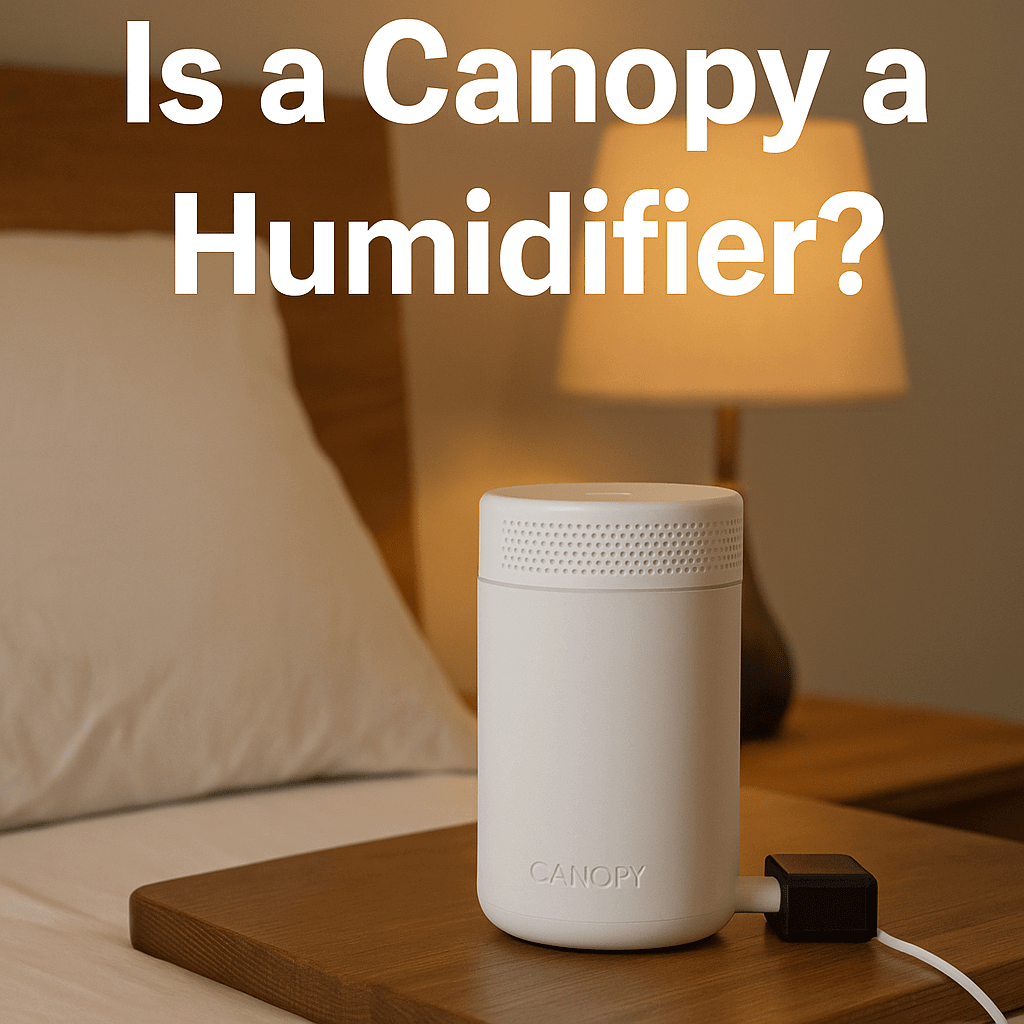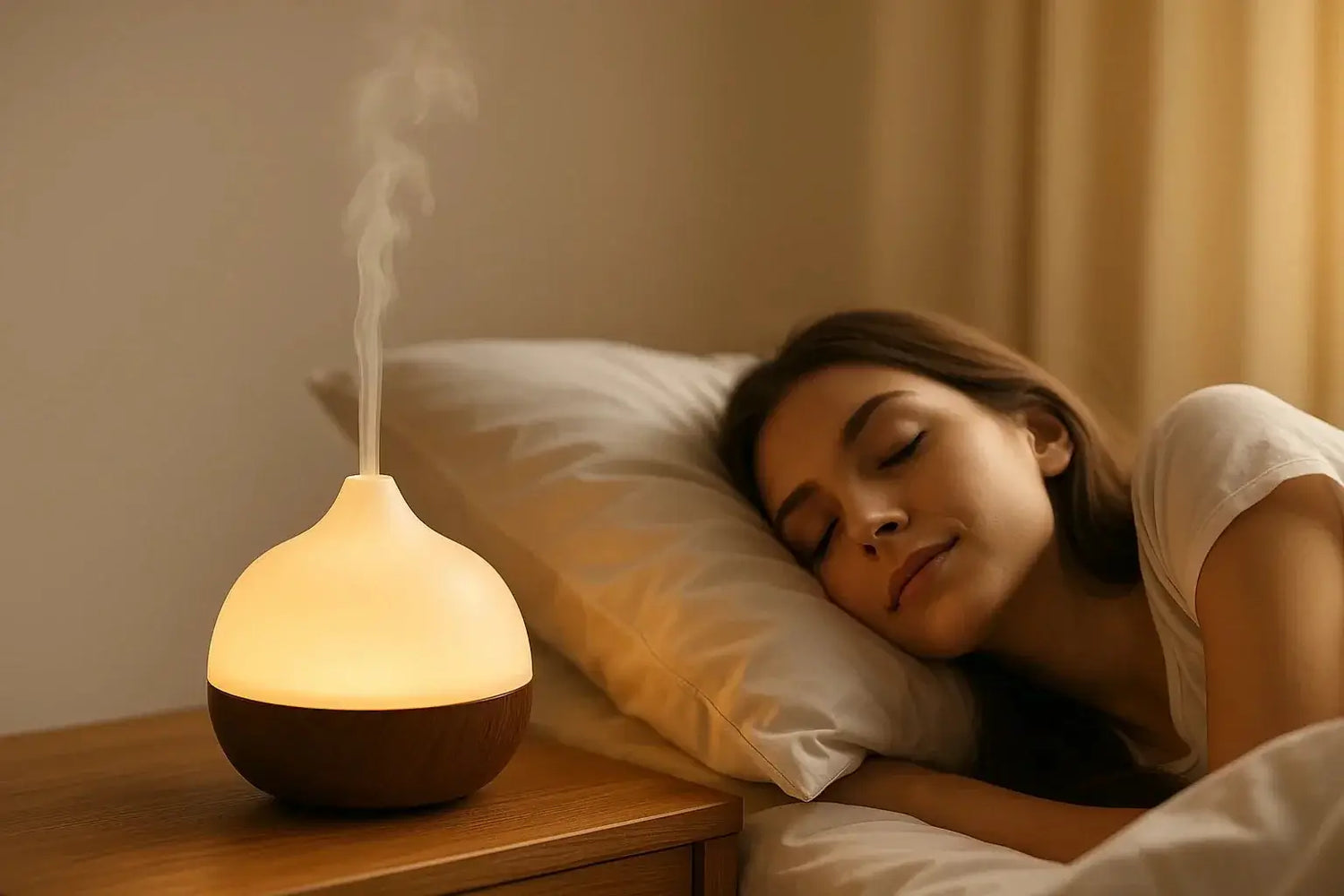
Diffuser FAQs: People Also Ask, Answered
Share
Diffuser FAQs: People Also Ask, Answered
Diffusers have become a popular tool in many households for their ability to disperse essential oils into the air, creating a pleasant aroma and promoting various health benefits. However, with their increasing popularity, many questions have arisen about their use, safety, and maintenance. This article aims to answer some of the most frequently asked questions about diffusers.
How Do Diffusers Work?
Diffusers work by breaking down essential oils into micro-molecules and then dispersing them into the air. This process can be achieved through several methods, including heat, ultrasonic vibrations, or nebulization. Once the essential oils are dispersed into the air, they can be inhaled and absorbed by the body, providing various therapeutic benefits.
Diffuser vs Humidifier: What's the Difference?
While both diffusers and humidifiers add moisture to the air, they serve different purposes. A humidifier's primary function is to increase the humidity level in a room or an entire house, especially during dry seasons. On the other hand, a diffuser is specifically designed to disperse essential oils into the air, creating a soothing atmosphere and promoting health benefits.
What Are the Best Oils for Sleep?
Several essential oils are known for their sleep-promoting properties. Lavender oil is one of the most popular due to its calming and soothing effects. Other oils that can promote good sleep include chamomile, ylang-ylang, bergamot, and cedarwood. However, it's important to remember that everyone is different, and what works for one person may not work for another.
Are Diffusers Safe Near Kids and Pets?
Generally, diffusers are safe to use around children and pets. However, some essential oils can be harmful if ingested or applied directly to the skin. Therefore, it's important to keep your diffuser and essential oils out of reach of children and pets. Additionally, some essential oils can be toxic to pets, so it's recommended to consult with a vet before using a diffuser around them.
How Do I Clean My Diffuser?
Cleaning your diffuser regularly is essential to ensure its longevity and effectiveness. Here are some simple steps to clean your diffuser:
- Unplug the diffuser and remove any leftover water and oil.
- Fill the water tank with a mixture of water and a few drops of mild detergent.
- Let the mixture sit in the tank for a few minutes, then scrub the inside with a soft brush.
- Rinse the tank thoroughly and dry it with a clean cloth.
- Wipe the outer surface of the diffuser with a damp cloth and dry it thoroughly.
Where Should I Place My Diffuser?
The placement of your diffuser can affect its effectiveness. It's recommended to place your diffuser in a central location in your room, but not near a fan or an air conditioner as they can disperse the oils too quickly. Also, avoid placing your diffuser near a window as sunlight can degrade the oils.
What Are Some Runtime Tips for My Diffuser?
Most diffusers have different runtime settings, allowing you to control how long the diffuser runs and how much oil is dispersed. For a stronger aroma, you can set your diffuser to run continuously. However, if you prefer a subtle scent, you can set it to run intermittently. Also, remember to add water and oils as needed, and never let your diffuser run dry.
In conclusion, diffusers can be a great addition to any home, providing a pleasant aroma and various health benefits. However, it's important to use them correctly and safely to get the most out of them. Hopefully, this article has answered some of your questions about diffusers and helped you understand how to use them effectively.





